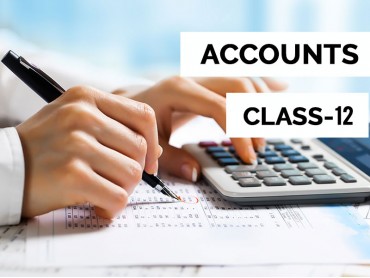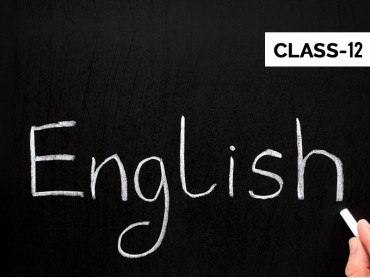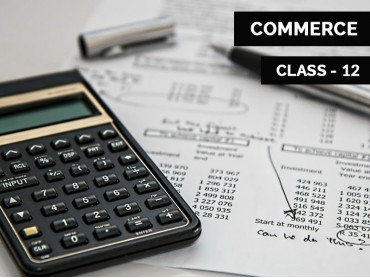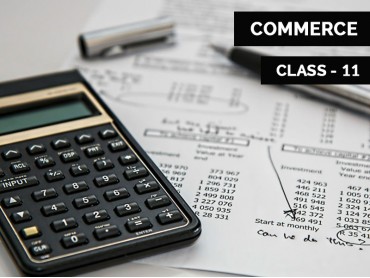Overview
Looking for an Economics Tutor for Class 12? Our course will help you excel in Economics. Book the course today and get a verified and well-qualified tutor at your home.
Unit 1: Introduction
- Meaning of microeconomics and macroeconomics
- What is an economy? Central problems of an economy : what, how and for whom to produce; concepts of production possibility frontier and opportunity cost
Unit 2: Consumer Equilibrium and Demand
- Consumer's equilibrium – meaning of utility, marginal utility, law of diminishing marginal utility, conditions of consumer's equilibrium using marginal utility analysis
- Indifference curve analysis of consumer's equilibrium
- Demand, market demand, determinants of demand, demand schedule, demand curve and its slope, movement along and shifts in the demand curve; price elasticity of demand
Unit 3: Producer Behavior and Supply
- Production function - Short-Run and Long-Run
- Total Product, Average Product and Marginal Product.
- Returns to a Factor
- Cost and Revenue: Short run costs - total cost, total fixed cost, total variable cost; Average cost; Average fixed cost, average variable cost and marginal cost-meaning and their relationship
- Revenue - total, average and marginal revenue - meaning and their relationship
- Producer's equilibrium-meaning and its conditions in terms of marginal revenue-marginal cost
- Supply, market supply, determinants of supply, supply schedule
Unit 4: Forms of Market and Price Determination
- Perfect competition - Features; Determination of market equilibrium and effects of shifts in demand and supply
- Other Market Forms - monopoly, monopolistic competition, oligopoly - their meaning and features
- Simple Applications of Demand and Supply: Price ceiling, price floor
Unit 5: National Income and related aggregates
- Some basic concepts: consumption goods, capital goods, final goods, intermediate goods; stocks and flows; gross investment and depreciation
- Circular flow of income; Methods of calculating National Income – Value Added or Product method, Expenditure method, Income method
- Aggregates related to National Income: Gross National Product (GNP), Net National Product (NNP), Gross and Net Domestic Product (GDP and NDP) - at market price, at factor cost; National Disposable Income (gross and net), Private Income, Personal Income and Personal Disposable Income; Real and Nominal GDP
- GDP and Welfare
Unit 6: Money and Banking
- Money - its meaning and functions
- Supply of money - Currency held by the public and net demand deposits held by commercial banks
- Money creation by the commercial banking system
- Central bank and its functions (example of the Reserve Bank of India): Bank of issue, Govt. Bank, Banker's Bank, Controller of Credit through Bank Rate, CRR, SLR, Repo Rate and Reverse Repo Rate, Open Market Operations, Margin requirement
Unit 7: Determination of Income and Employment
- Aggregate demand and its components. Propensity to consume and propensity to save (average and marginal).
- Short–run equilibrium output; investment multiplier and its mechanism
- Meaning of full employment and involuntary unemployment
- Problems of excess demand and deficient demand; measures to correct them - change in government spending, taxes and money supply
Unit 8: Government Budget and the Economy
- Government budget - meaning, objectives and components
- Classification of receipts - revenue receipts and capital receipts; classification of expenditure - revenue expenditure and capital expenditure
- Measures of government deficit - revenue deficit, fiscal deficit, primary deficit their meaning
Unit 9: Balance of Payments
- Meaning
- Foreign exchange rate - meaning of fixed and flexible rates and managed floating
- Determination of exchange rate in a free market
-
 Best Curated
Best Curated
Tutor for You -
 Guaranteed Refund within
Guaranteed Refund within
48 hours* -
 Chapterwise Practice
Chapterwise Practice
Questions




